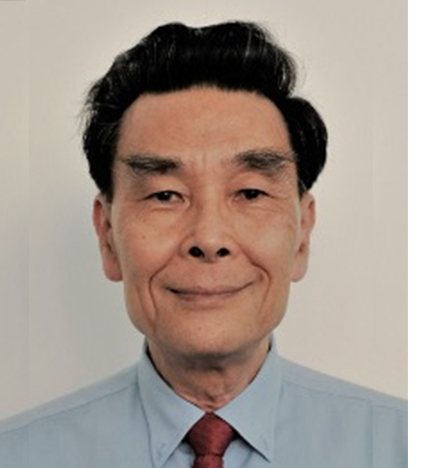
Analysis of Fracture and Delamination in Microelectronic Packages
Prof. Andrew Tay
National University of Singapore
Abstract:
Fracture and delamination are two of the most common and persistent issues affecting the reliability of microelectronic packages. The main objective of this course is to provide a fundamental understanding as well as proven techniques of applying the fracture mechanics methodology to predicting fracture and delamination in microelectronic packages. The mechanism of popcorn cracking failure will be described and analysed. Simulation of heat transfer and moisture diffusion processes occurring during package qualification and reflow will be described. An introduction to the fundamentals of interfacial fracture mechanics will be given together with descriptions of some numerical methods of calculating fracture mechanics parameters. Experiments which verify the methodology for predicting delamination in packages will be described followed by some case studies.
Outline:
1. Mechanical Properties and Failure of Materials.
2. Hygrothermal Stresses in Microelectronics Packages.
3. Finite Element Analysis and Stress Singularities.
4. Fundamentals of Fracture Mechanics Methodology.
5. Determination of Fracture Mechanics Parameters.
6. Measurement of Fracture Toughness.
7. Experimental Verification of the Fracture Mechanics Methodology.
8. Case Studies of delamination in microelectronics packages.
9. Cohesive Zone Modelling of Delamination and Case Study.
Who Should Attend:
This course is designed for packaging design engineers and researchers who perform reliability analysis of microelectronic and photonic packages, and anyone who wishes to understand how delaminations and fracture in microelectronics packages may be analysed.
Lecturer Biography:
Dr.Andrew Tay is currently an Adjunct Professor in the Department of Electrical and Computer Engineering, National University of Singapore (NUS) and a Visiting Scientist at the Singapore Hybrid-Integrated Next-Generation μ-Electronics Centre (SHINE), NUS. Prior to this he was a Professor of Mechanical Engineering at NUS. He obtained his B.E. (Hons I and University Medal) and PhD in Mechanical Engineering from the University of New South Wales, Australia. His research interests include electronics packaging (thermo-mechanical failures, delamination, effects of moisture, solder joint reliability); thermal management of electronic systems and EV batteries, infrared and thermo-reflectance thermography, solar photovoltaics reliability, and fracture mechanics.
He is currently a member of the Board of Governors of the IEEE Electronics Packaging Society (EPS), the EPS Director of Chapter Programs, and a Distinguished Lecturer of EPS. He was the inaugural General Chair of the 1st Electronics Packaging Technology Conference (EPTC) in 1997 and currently the Chairman of the EPTC Board. He was awarded the 2019 IEEE EPS David Feldman Outstanding Contribution Award, the 2012 IEEE CPMT Exceptional Technical Achievement Award, and the 2012 IEEE CPMT Regional Contributions Award. For his outstanding contributions in the application of engineering mechanics to electronics and/or photonics packaging, he was awarded the ASME EPPD Engineering Mechanics Award in 2004. He was also awarded an IEEE Third Millennium Medal in 2000. He is a Fellow of ASME and a Life Fellow of IEEE.